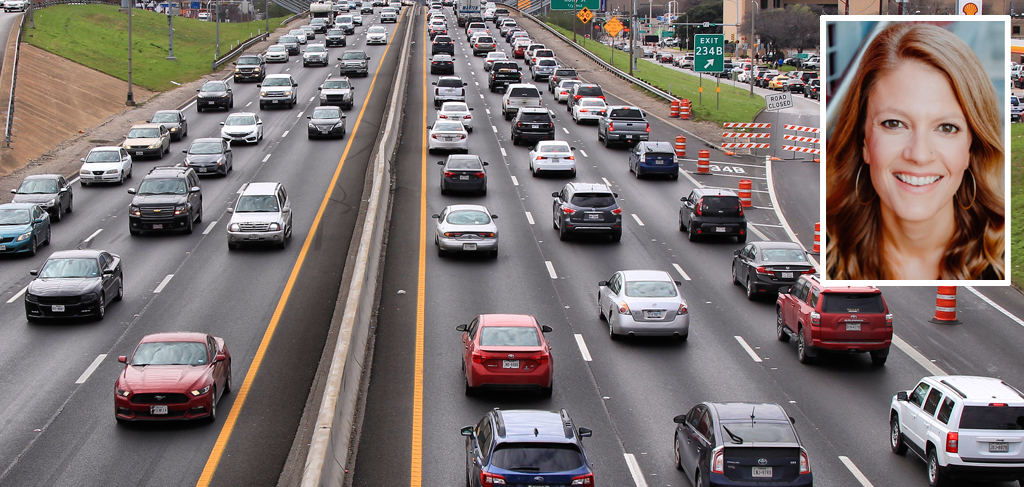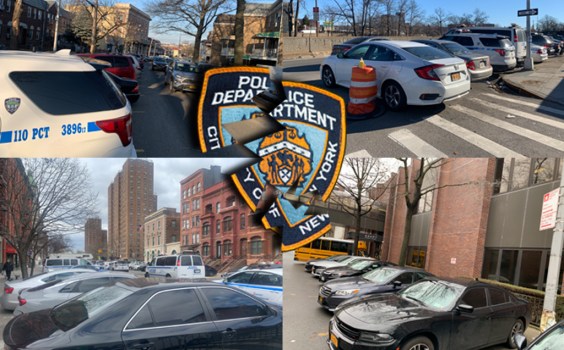Anti-tax activist Grover Norquist, an early conservative cheerleader for the Bush tax cuts, coined an instantly classic phrase in 2001: "My goal is to cut government in half in 25 years, to get it down to the size where we can drown it in the bathtub."
And although Norquist's party is out of power on the Hill, his quest to starve government programs is alive and well at the Cato Institute, where highway acolyte Randal O'Toole headlined an event yesterday on the next federal transportation bill.
But if O'Toole and fellow Cato scholar Gabriel Roth had their way, the bill wouldn't exist. As O'Toole puts it in his latest policy paper, since conservatives are unlikely to succeed in abolishing the U.S. DOT, they should pursue a "second-best solution" by radically transforming the agency.
O'Toole's agenda is largely predicated on outright denial of the massive imbalance between government funding of highways and transit. His presentation leapt to so many illogical conclusions that it devolved into comedy; at one point, O'Toole asserted that the only difference between apartment buildings in East Germany and those in Portland is that the former were torn down when communism fell.
The wildly false claims piled up as O'Toole went on.
"It's no coincidence," he argued, that traffic congestion has risen sharply in the years since Congress began spending less than 20 percent of federal gas taxes on transit. (The real causes of congestion, according to researchers: population growth, sprawl, inefficient management of goods movement.)
He went on to argue that because median home prices in Houston have stayed below $200,000 while homes in San Jose and Portland can cost more than double that amount, the latter two cities' land use restrictions are causing the higher prices.
In fact, Houston home prices have fallen of late due in part to the bad economy and aftereffects of Hurricane Ike -- and though O'Toole is correct that Houston's unfettered land use has created a glut of homes for sale, he ignores the high demand for housing in cities that are more densely built and better-connected to transit.
Put simply, home prices in Portland and San Jose are high because people want to live there. If policy-makers made it easier to construct less highway-dependent cities, living in them would be cheaper.
O'Toole's rhetoric may be good for a chuckle, but it is also signals a deadly serious trend. The Obama administration has thus far taken small steps toward transportation and urban policy reform, each of which have met with more fervent and bizarre attacks from right-leaning pundits.
If the misleading onslaught is this loud now, imagine how deafening it will be when the White House releases its long-term recommendations for federal policy.





